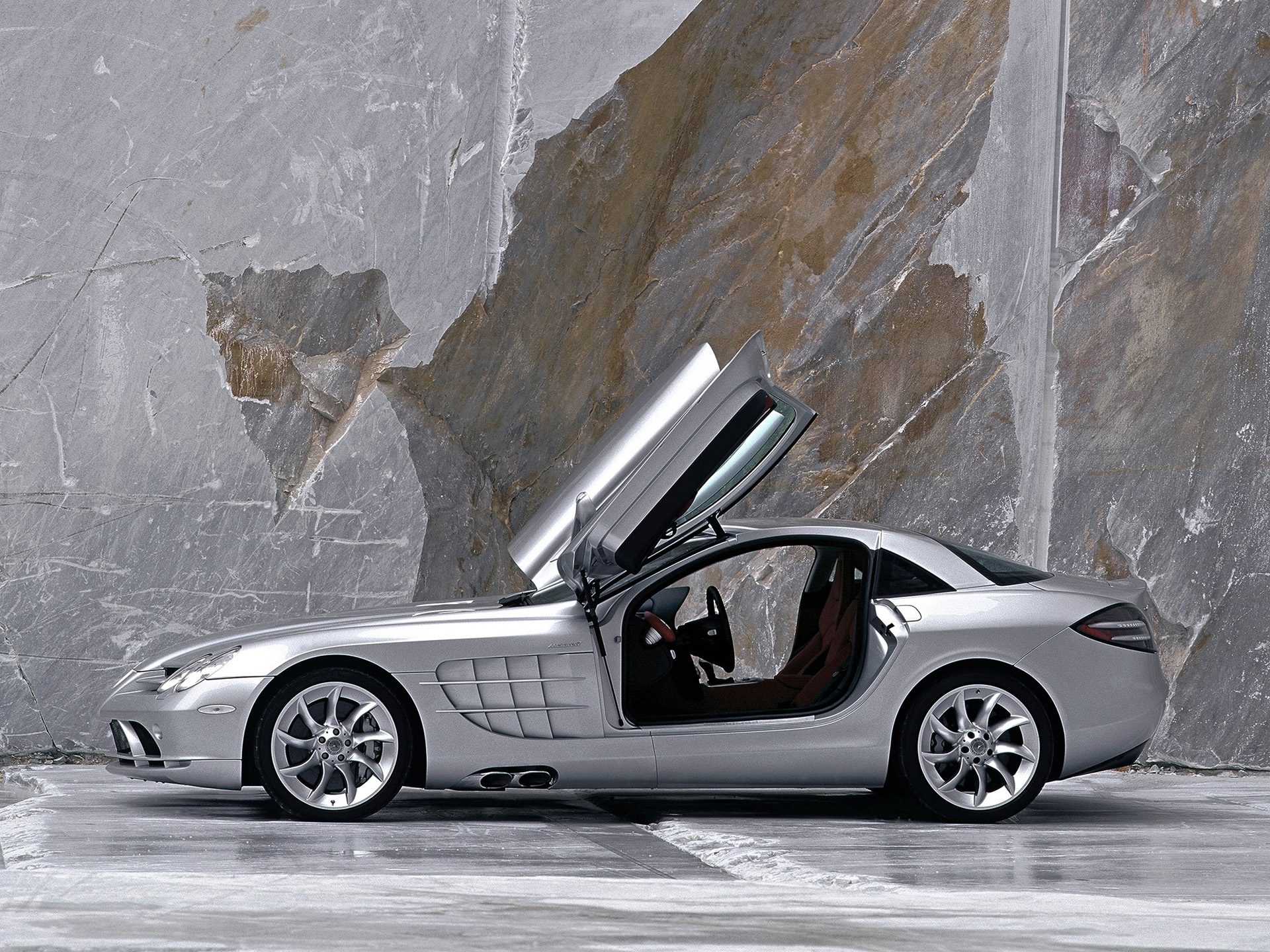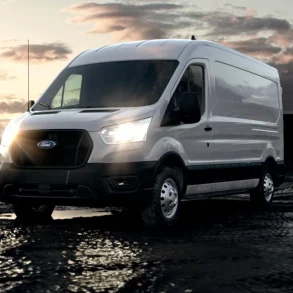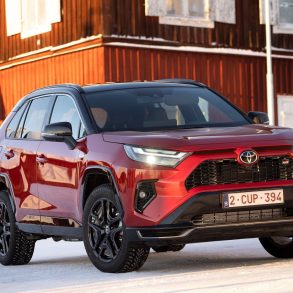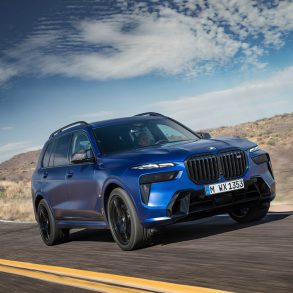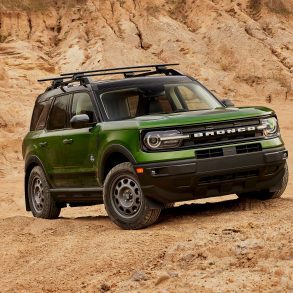Mercedes-Benz SLR McLaren
Here you will find yearly Canadian, European and U.S. sales figures for the Mercedes-Benz SLR McLaren. The collaboration between Mercedes-Benz and McLaren was a natural evolution of their partnership in Formula 1 racing, where Mercedes-Benz was the engine supplier for the McLaren team. In summary, the SLR McLaren stands as a special chapter in the history of supercars, exemplifying the strengths of both Mercedes-Benz and McLaren and representing a high point in their collaborative efforts.
Mercedes-Benz SLR McLaren Overview
The Mercedes-Benz SLR McLaren stands as a testament to the collaboration between the German automotive giant, Mercedes-Benz, and the British performance and racing specialist, McLaren Automotive. Produced between 2003 and 2010, the SLR (which stands for “Sport Leicht Rennsport” or “Sport Light Racing”) is a grand tourer supercar that married the luxury of Mercedes-Benz with the performance pedigree of McLaren.
The SLR was powered by a 5.4-liter supercharged V8 engine, producing around 617 horsepower and 580 lb-ft of torque. This engine allowed the car to accelerate from 0 to 60 mph in just 3.8 seconds, with a top speed of about 208 mph.
Production of the SLR ended in 2010. Though it wasn’t replaced directly by any model, both Mercedes-Benz and McLaren went on to produce their own supercars independently: the Mercedes-Benz SLS AMG and the McLaren MP4-12C, respectively. The Mercedes-Benz SLR McLaren is remembered as a unique blend of luxury and performance, capturing the essence of both brands. It’s considered a modern classic in supercar circles and is revered for its blend of technology, power, and design.

